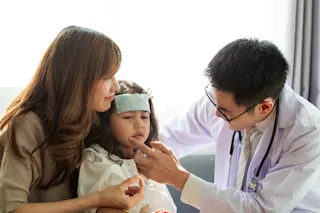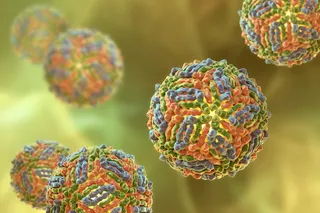Respiratory Syncytial Virus (RSV) is a major health concern affecting millions each year. From the first sniffle to serious complications, understanding RSV is crucial, especially for vulnerable groups.
Babies and toddlers are extremely susceptible to RSV, with most children experiencing the virus by the time they reach the age of two. While most patients recover without any treatment, there are still up to 80,000 hospitalizations each year among kids under five. RSV can also impact older adults.
Here is what you should know about RSV, from its duration, peak season, and contagious nature to recognizing the first signs and dealing with severe symptoms. Plus, explore the recent advancements in RSV vaccination and get practical tips on prevention and treatment. Stay informed and protect yourself and your loved ones against this pervasive respiratory threat.
RSV is a viral infection that accounts for more than 2 million outpatient medical visits each year ...















